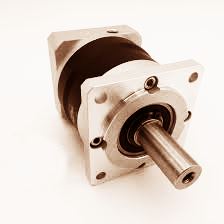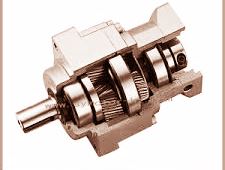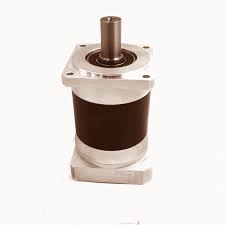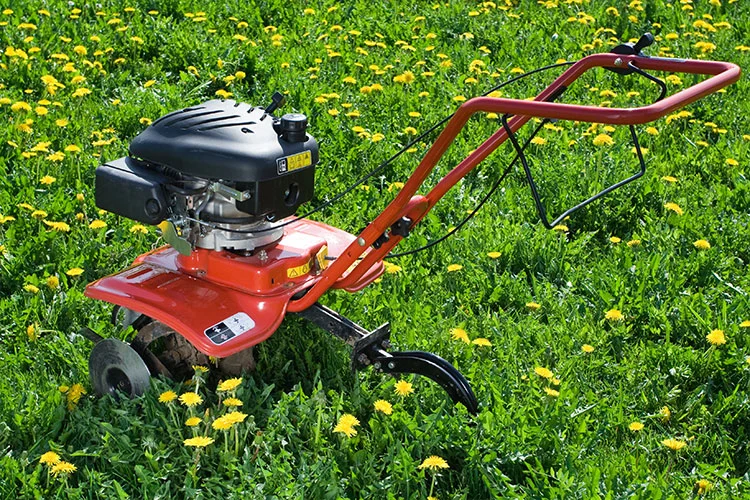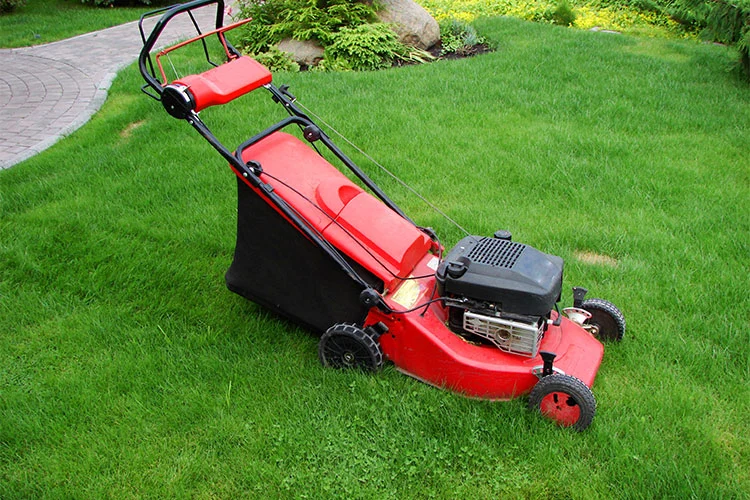
- Home
- About Us
- Products
- Motors
- Sprockets
- Chains
- Pulley
- Gearboxes
- Screw Jacks
- PTO shafts
- Hydraulic Cylinder
- Gear
- Gear & Racks
- Coupling
- Wheel Hub
- Axles
- Air Compressor
- Vacuum Pump
- Agricultural parts
- Machining Lathe
- Sensor
- Other
- BN gearbox
- Agricultural Gearboxes
- Sprocket and chain
- Universal Joint
- trailer
- Taper Bushes
- Speed variator
- shaft collars
- Ungrouped
- Agricultural Equipment
- Rotary Cutter Gearbox
- Fertilizer Spreader Gearbox
- Rotary Tiller Gearbox
- Flail Mower Gearbox
- Rotary Mower Gearbox
- Disc Mower Gearbox
- Post Hole Digger Gearbox
- Feed Mixer Gearbox
- Round Baler Gearboxes
- Square Baler Gearboxes
- Hydraulic Drive Gearbox
- Rotary Rake Gearboxes
- Center Pivot Irrigation Gearboxes
- Orchard Sprayer Gearbox
- Potato Harvester Gearbox
- Silage Machine Gearboxes
- Corn Header Gearboxes
- Combine Harvester Gearbox
- Grain Storage Gearbox
- Grain Transportation Gearbox
- News
- Download
- Send Inquiry
- Contact Us

